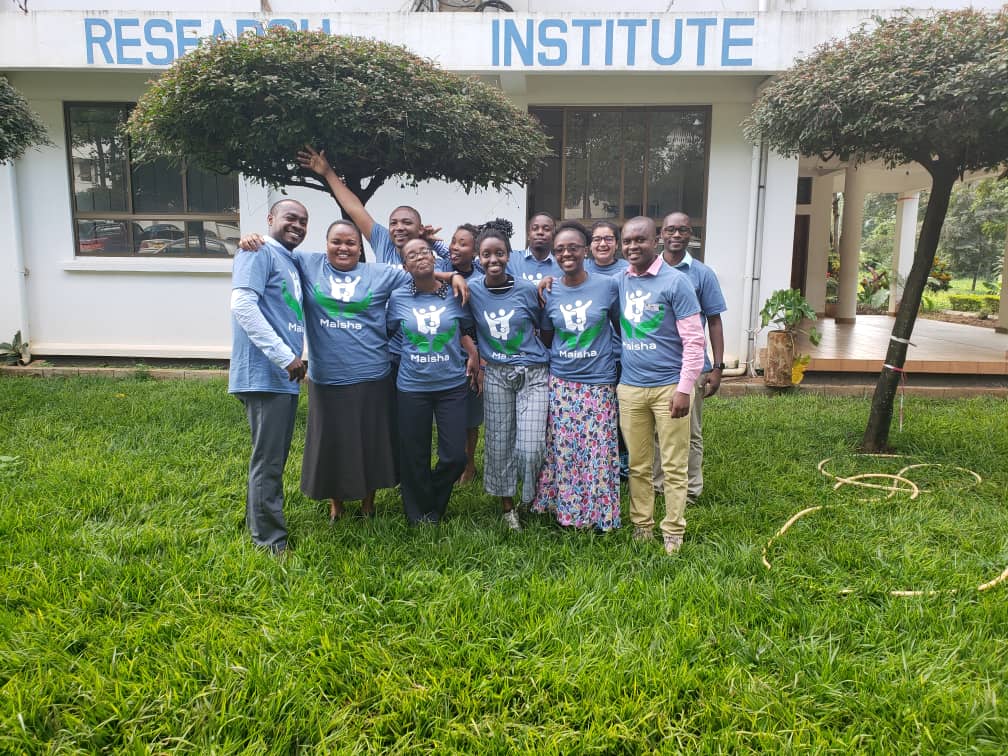Much has been written about the challenges of social desirability bias in self-reported measures. In order to alleviate this, our study team is using computer-assisted interviewing to survey our MAISHA study participants. We are using computer tablets that are equipped with audio computer-assisted self interview (ACASI) software. With an ACASI modality, our team is able to automate and administer questions to our study participants. The program runs on the tablets by presenting questions and response options visually and audibly. Participants then are able to select their preferred response using the touch screen, and data are saved directly into our data collection system. The questions and response options were pre-recorded in Swahili at Duke University’s Multimedia Project Studio by Godfrey Kisigo and Charity Agasaro.





